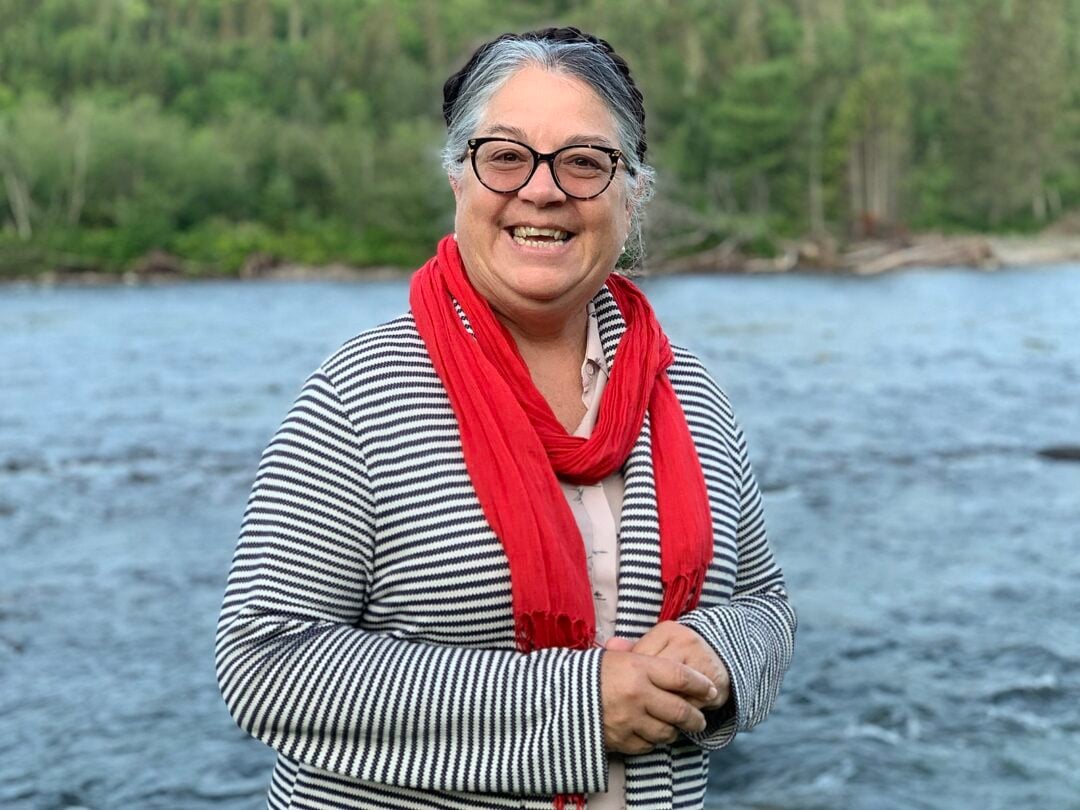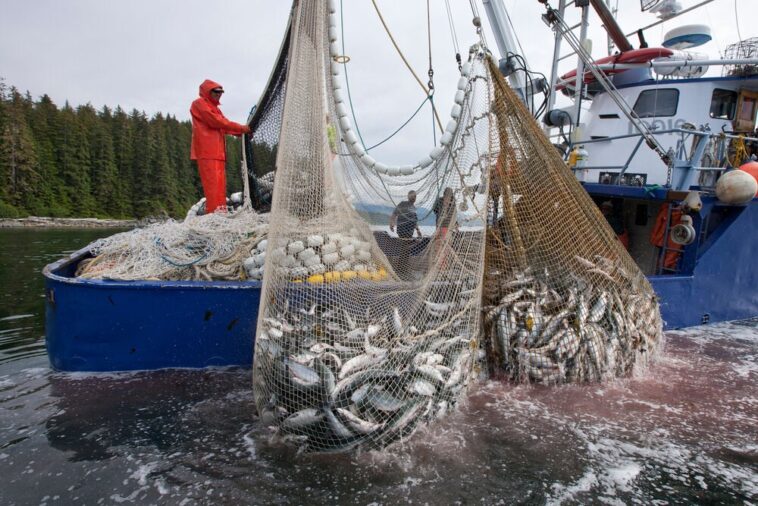As Prime Minister Mark Carney prepares to unveil his first cabinet on May 12, three British Columbia organizations are calling on him to appoint a Fisheries Minister from BC. In an open letter sent this week, the Watershed Watch Salmon Society, Raincoast Conservation Foundation, and SkeenaWild Conservation Trust argue that the complex and urgent challenges facing the Pacific fisheries demand regional leadership with firsthand knowledge of the issues.
The open letter points to several crises affecting BC’s marine environment, including collapsing wild salmon runs, stalled aquaculture reforms, and overharvesting by corporate- and foreign-owned fleets.
“With the department already working with limited capacity, we are going to need a minister with a local understanding to get the Northern Bioshelf Region marine protected areas and the license modernization initiative just right. These two items are going to greatly shape the viability of fishing as a career and BC’s economic future.”
James Lawson, active harvester and UFAWU-Unifor Elected President
“As critical Pacific Salmon Treaty renegotiations with the United States approach, and with the persistent threat of Alaskan overfishing, the ongoing phase-out of open-net salmon farms in BC, and the necessity of building on the previous Liberal government’s Pacific Salmon Strategy Initiative, we believe that Canada would be best served by appointing a Fisheries Minister from British Columbia,” said Aaron Hill, Executive Director of Watershed Watch Salmon Society.
This sentiment is backed by Jesse Zeman, Executive Director of BC Wildlife Federation, who told The Skeena, “We have found that not only does the elected minister not have a handle on what is happening out here, but also the unelected officials don’t have a handle on how things work out here,” indicating that the Fisheries Assistant Deputy Minister should also be from British Columbia. For Zeman, the continued ability of “the public to fish recreationally” requires a “BC-born minister who understands how important fish are to everyone on the coast and how to implement solutions to preserve and grow fish populations.”
One has to look no further than former Minister of Fisheries, Diane Lebouthillier, who is from Quebec, to understand how previous ministers have disregarded the well-being of BC’s coastal waters and communities. In her case, she broke the Liberal promise of phasing out all open-net pen salmon farms by 2025, extending this deadline to June 30, 2029. This decision subjects BC salmon to four more years of the well-documented infection from fish farm-derived parasitical salmon lice, viruses, and bacteria.

As the open letter states, “A Minister from BC will inherently understand the importance of completing this process” of “transitioning BC’s foreign-owned salmon farming industry onto land.”
The open letter also calls for the “urgently needed reform of British Columbia’s fishery management framework,” including revamping the quota and licensing system, which heavily favours monied interests, while leaving community-based fishers unable to make a living from their own coastal waters.
James Lawson, active harvester and UFAWU-Unifor Elected President, told The Skeena, “With the department already working with limited capacity, we are going to need a minister with a local understanding to get the Northern Bioshelf Region marine protected areas and the license modernization initiative just right. These two items are going to greatly shape the viability of fishing as a career and BC’s economic future.”
“Healthy fisheries translate to greater prosperity, well-being, and security for Canadians. A capable and knowledgeable Fisheries Minister from BC is best positioned to protect Canadian food security and defend our coastal economies.”
Misty MacDuffee, Wild Salmon Program Director at Raincoast Conservation Foundation
The open letter also warns that Alaska’s aggressive interception of Canadian salmon continues to threaten bilateral cooperation and sovereignty.
“Alaska’s extensive interception fisheries on Canadian salmon continue to pose a significant and immediate risk to the stability and future of one of Canada’s most important fisheries,” said David Mills, Fisheries Advisor at Watershed Watch. “A Fisheries Minister from BC can support Canadian negotiators and help protect our sovereignty in turbulent times.”
For the organizations behind the open letter, the needed federal investments, fisheries reform, and marine protected area planning all require a leader who understands the stakes on BC’s coast—where ecosystems, economies, and cultures depend on healthy oceans.
As Misty MacDuffee, Wild Salmon Program Director at Raincoast Conservation Foundation, told The Skeena, “Healthy fisheries translate to greater prosperity, well-being, and security for Canadians. A capable and knowledgeable Fisheries Minister from BC is best positioned to protect Canadian food security and defend our coastal economies.”





